Did you know that the US federal government classifies plumbers as essential workers?
After all, licensed plumbing professionals are critical to public health, safety, and sanitation, not just in a plumbing emergency, but for everyday services. They work hard to ensure continuous access to clean water for drinking and washing. They also help keep dangerous wastewater and sewage out of homes when a plumbing emergency does arise.
For those reasons, you can rely on these experts in case you experience a plumbing emergency. The question is, what exactly makes a plumbing problem an emergency?
This guide will help you determine when to call for emergency plumbing help, so be sure to read on.
Ruptured Water Supply Pipes
Water supply pipes that burst, shatter, or collapse can send a continuous flow of water into your home. Below-zero temperatures are usually to blame, as they can cause the water to freeze in the pipes. As the water solidifies and expands, it can create enough pressure to burst open weak pipe joints.
The first thing to do if you have ruptured pipes is to close your home’s main water valve right away. In Colorado homes, this valve can be in the basement, utility room, or crawl space.
Closing the valve will stop the flow of water from the main water line. This helps reduce the risk of your home becoming submerged due to the burst pipe. The sooner you stop the water flow, the lower your odds of dealing with molds, which can grow in just 24 to 48 hours.
However, closing the main valve also means cutting your access to water. None of your water fixtures, from your taps to showers and toilets, will produce water.
The only time you should re-open the main water valve is after getting the ruptured pipe fixed. Fortunately, an emergency plumbing service provider can come to your rescue right away. You can rely on these plumbing emergency experts even during weekends so that you won’t have to go without water during your rest days.
Multiple or Significant Water Leaks
One leaky faucet isn’t an emergency, as you can close its under-sink shut-off valve in the meantime. You can get it serviced the next day, and as you wait for the plumber, open the valve only when you need to use that tap.
Plumbing leaks can become an emergency if they occur in more than one fixture. The same goes for if they drip non-stop. For reference, 4,000 drips equate to an estimated one liter of wasted water.
So, a faucet that leaks one drip per second can waste almost 22 liters of water or nearly six gallons per day! Imagine how much water can go to waste if you have two or more leaky taps.
There’s also the possibility of main water line leaks, which can occur in hidden or buried pipes. Low water pressure is often an indication of such plumbing issues. This can be a plumbing emergency if there’s severe damage to the pipe.
If you have multiple leaky taps or suspect hidden leaks, call a plumber for emergency help.
Disgusting Water Gushing Back Out of Drains and Toilets
Sewage and wastewater contain pathogens, which are microorganisms that cause disease. Bacteria, viruses, and parasites are some examples. Exposure to these can lead to infections and maladies of the skin, stomach, and lungs.
Domestic waste materials also produce awful-smelling sewer gases as they decay. The most prominent of these is hydrogen sulfide (H2S), which smells like rotten eggs. Besides the stench, H2S can cause eyes, nose, and lung irritation, even at low doses.
You can encounter all those hazards due to drain and toilet backups. These issues usually occur due to blockages in drain pipes, the sewer lateral, or the main sewer line.
In turn, clogs in plumbing pipes often form because of incorrect disposal of fats, oils, and grease (FOG). Flushing paper towels, feminine products, diapers, and wipes can also block drain pipes.
Routine drain cleaning services can help prevent plumbing backups. If they’ve already occurred, though, it’s time to contact an emergency plumber. For your own safety, please don’t attempt to tackle the sewage or wastewater backup on your own.
Collapsed or Damaged Sewer Lateral
About 500,000 miles of lateral sewers serve home and business owners throughout the US. These underground pipes connect buildings to public sewer lines. Most local governments consider these pipes to be the property owner’s responsibility.
Aside from improper waste disposal, sewer laterals can also get clogged by tree roots. Tree roots can even completely wrap around and choke the pipes. The longer this goes on, the greater the risk of the pipe collapsing.
A collapsed sewer lateral is an emergency, as it means your plumbing system has failed. Massive damages or severe tree root encroachment can also cause the lateral to crack. In any case, the waste that comes from your home won’t have a way to reach the public sewer line.
A solid indication that you have sewer lateral problems is if part of your lawn is always wet. You may also notice your plants to be greener, lusher, or healthier. That’s because wastewater is rich in phosphorus, which plants use as a fertilizer.
Sewage and wastewater seepage can also attract bugs and vermin to your property. If you’ve noticed more pests inside and outside of your home, the smell of waste may be beckoning them. All these are signs of potential sewer lateral damages, so ring up a local plumber right away.
Get Help for Your Plumbing Emergency Today
From burst pipes to sewer lateral issues, all these are plumbing woes you can’t fix by yourself. Instead, they need the skills, knowledge, and equipment only plumbing emergency experts have. So, rather than going with a DIY approach, ring up a plumber as soon as you experience these problems.
Are you in Colorado Springs or a nearby area and require immediate plumbing help? If so, please know you can rely on our team here at Talmich Plumbing and Heating for all your plumbing woes. Get in touch with us now to schedule your service!



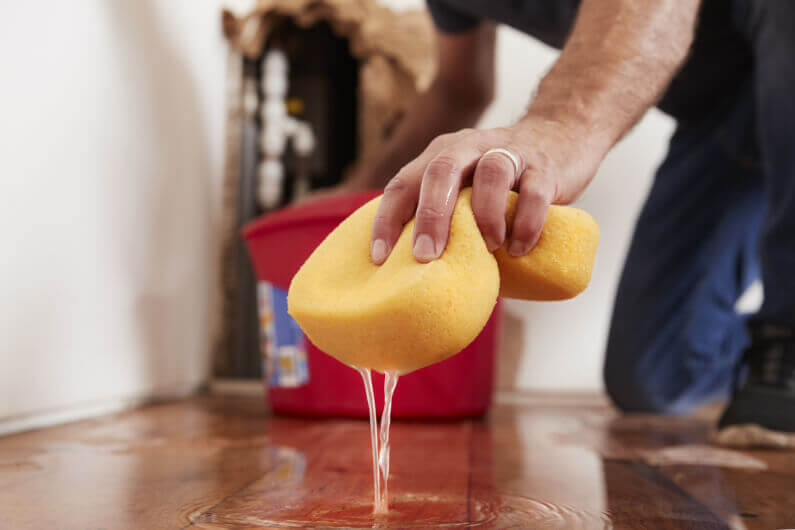
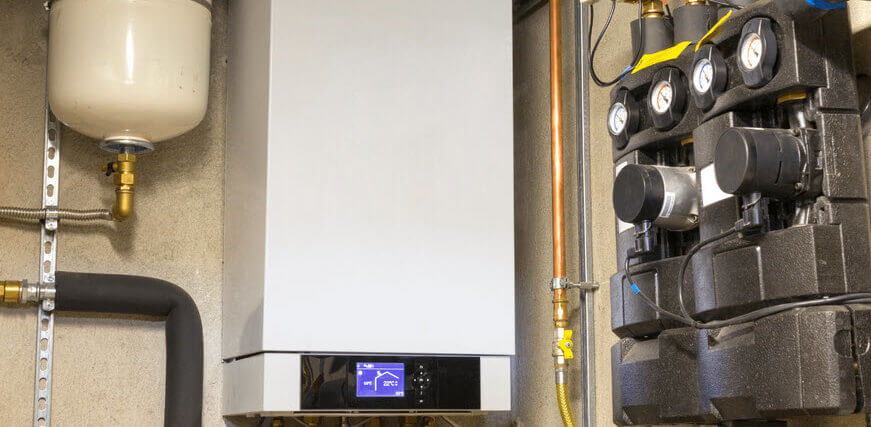

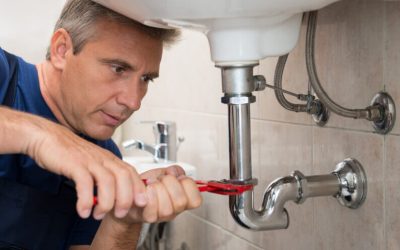


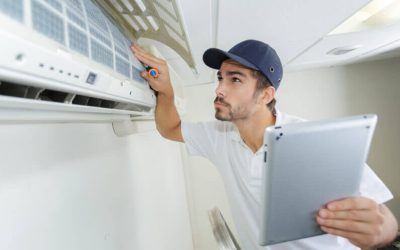
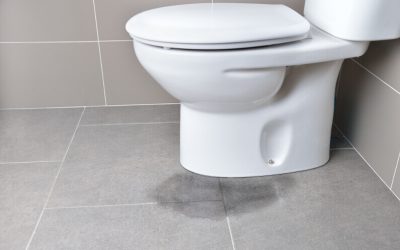
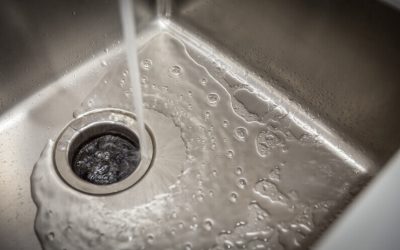
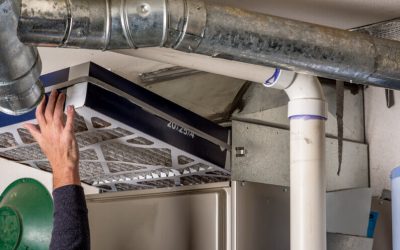
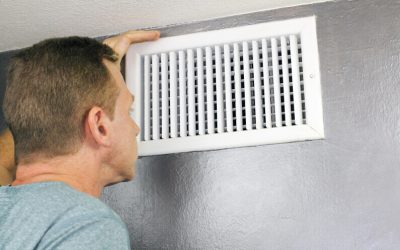
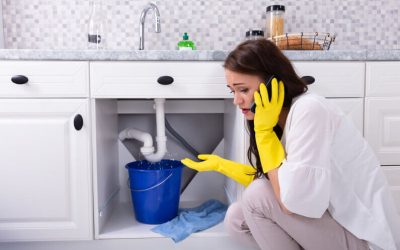
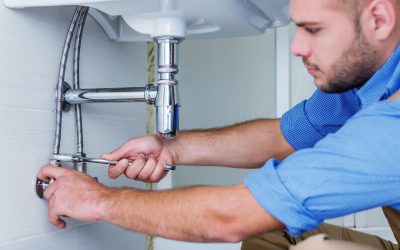
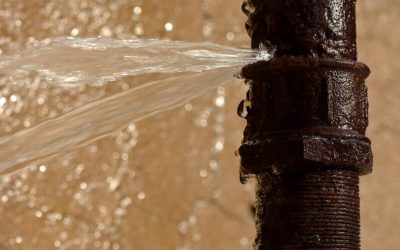
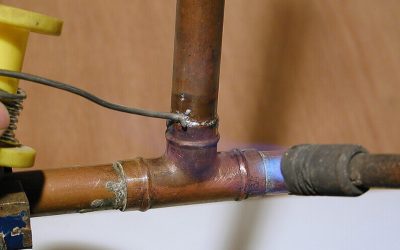

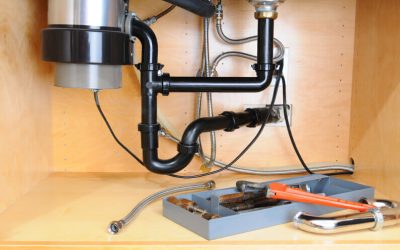
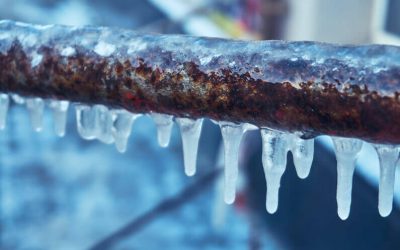
0 Comments